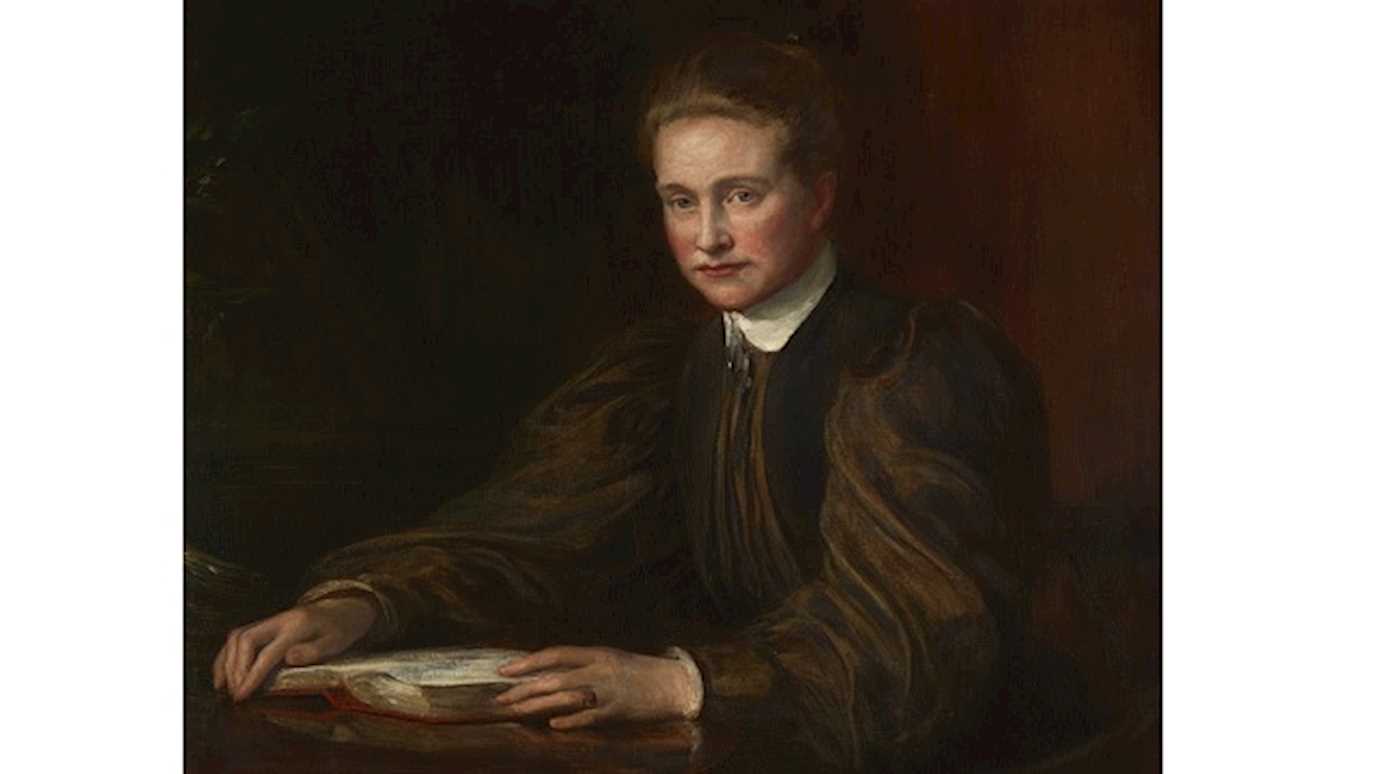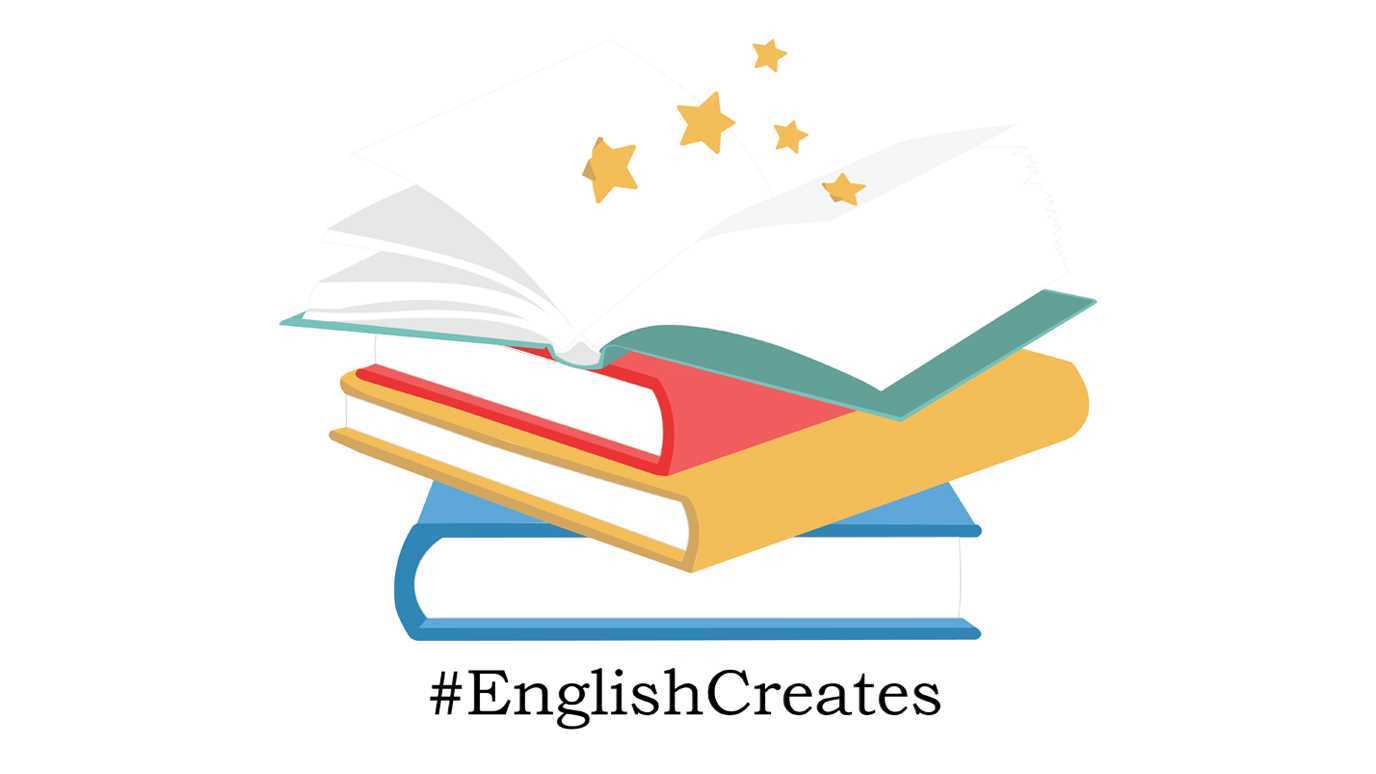A lost portrait of the suffragist Dame Millicent Fawcett by Theodore Blake Wirgman (1848-1898) has been discovered in the art collections of Royal Holloway, University of London.

Dame Millicent Fawcett
New research by Dr Imogen Tedbury, formerly of Royal Holloway’s Art Collections team found that a portrait of Dame Emily Penrose, Principal of Bedford College from 1893-1898 and Principal of Royal Holloway from 1898-1907 was in fact a lost portrait of Dame Millicent Fawcett.
Dr Tedbury’s research, ‘Portraying Professional Women: Portraits of Principals and Pioneers at Royal Holloway and Bedford New College’, funded by the Understanding British Portraits Professional Network, examines the remarkable portraits of women principals, professors and academic pioneers in Royal Holloway’s history.
Information on a portrait at Royal Holloway by Theodore Blake Wirgman (1848-1898), believed to be Dame Emily Penrose, Principal of Bedford College from 1893-1898 and Principal of Royal Holloway from 1898-1907, could not be found during the research.
However, a reference within Royal Holloway’s archives shed light on a gift made in 1899 to Bedford College. The gift was a portrait by Theodore Blake Wirgman of Dame Millicent Fawcett. Further research uncovered a photograph, taken when the portrait was exhibited at the Royal Academy in 1898. This photograph matched the portrait in Royal Holloway’s collections, providing concrete evidence that the portrait of Dame Emily Penrose is in fact, Dame Millicent Fawcett. The artist, Wirgman, trained at the Royal Academy Schools and drew and painted several prominent figures in Victorian society, including John Ruskin, Sir John Everett Millais and Thomas Henry Huxley.
Dr Tedbury said: “We were all so excited when we realised this portrait was of Millicent Garrett Fawcett, the ultimate feminist icon. Fawcett is often characterised as a great public speaker, active in public life, but this painting suggests a more introspective, studious side to her character. She looks up as if asking why we have interrupted her work – it’s an expression we can all relate to, particularly now when many of us are working from home.”
Fawcett was a pioneering woman who campaigned for women’s social and political equality, most notably as the leader of the National Union of Women’s Suffrage Societies. She also campaigned for women’s access to education and was a guest lecturer and adviser to Bedford College. Her daughter Philippa attended chemistry classes at the college in the 1880s.
Royal Holloway is built on the foundations of two of the very first institutions established to give women access to higher education. These pioneering colleges were established in the formative early years of the women's suffrage movement. In 1900, Bedford College and Royal Holloway College became part of the University of London and in 1985 they merged to form what is now known as Royal Holloway.
Dr Imogen Tedbury’s research is due to be published later this year in a new publication focussed on the portraits in Royal Holloway’s Art Collections, accompanied by a series of films highlighting the achievements of these educational pioneers.
























